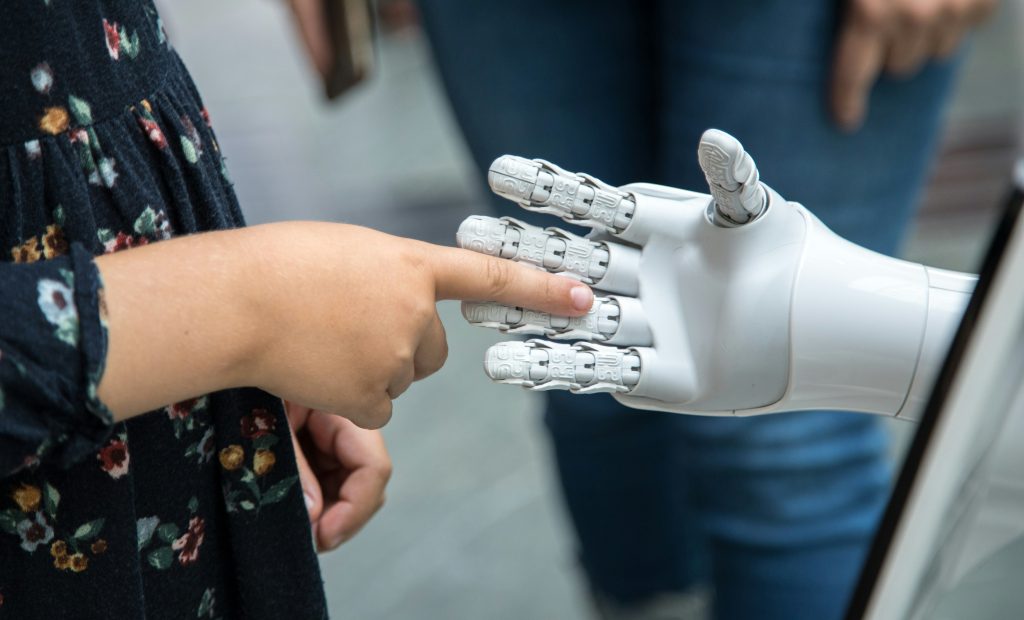As artificial intelligence continues to advance at a rapid pace, the conversation around its ethical implications has become more urgent than ever. While AI holds immense potential to improve lives and solve complex problems, it also raises serious questions about privacy, bias, and accountability.
One major concern is algorithmic bias. AI systems learn from data, and if that data reflects existing societal inequalities, the outcomes can be discriminatory. For example, biased hiring tools or facial recognition systems have already shown disparities in how they treat different demographics. Ensuring fair and diverse training data is crucial to building ethical AI.
Data privacy is another pressing issue. AI thrives on data, but the more it collects, the more individuals are exposed to potential misuse or breaches. Transparency about how data is used—and giving users control over it—must be a standard practice.
Then there’s the question of accountability. When an AI system makes a wrong decision—such as a misdiagnosis or a flawed financial recommendation—who is responsible? Developers, users, and policymakers must work together to create frameworks that assign accountability and prevent harm.
AI also challenges long-held ideas about autonomy and employment. Automation can displace workers and influence human behavior in ways that are not always transparent. Ethical development means not just advancing technology, but ensuring it benefits society as a whole.
In conclusion, as we build smarter machines, we must also build stronger ethical foundations. Developers, businesses, and governments must prioritize responsible AI—ensuring it is transparent, fair, and designed to serve humanity. Without ethics, innovation can quickly turn from progress to peril.



